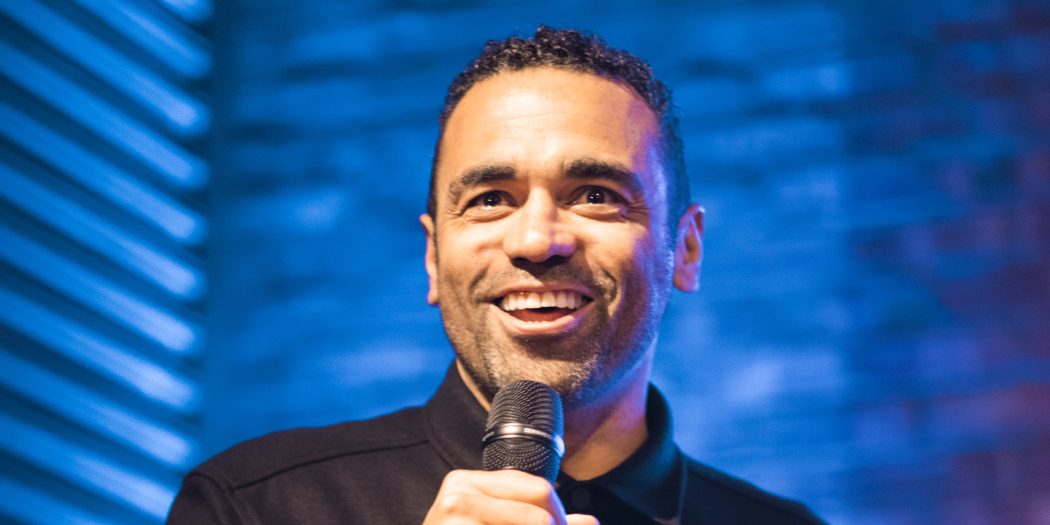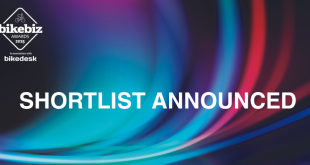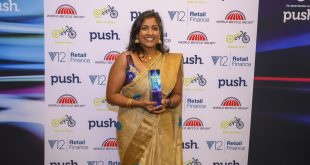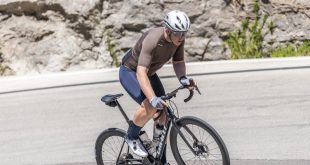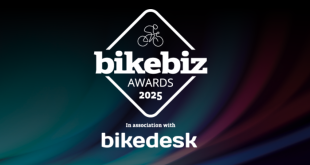In May, we announced the 18 people who would judge each category in this year’s BikeBiz awards.
To allow you to get to know the judges better, we’ve asked them all to give us insight into who they are, what they do and a little more about them.
Next up, we hear from Wayne Brown, the CEO of Shift Active Media. With over 30 years of experience in marketing agencies, he is now a keen cyclist. But his background might surprise you.
You’re on a call or you meet someone at an event, when introducing yourself (and having to sum up many years in a few words), you say?
I run a marketing agency specialising in bikes.
Everyone in this industry has a unique ‘origin story’ that set them on this path. What was that for you, and how did that initial spark evolve into the professional journey you found yourself on?
You can listen to half an hour or more of this on my Business of Cycling Podcast episode:
Wayne Brown‘s unconventional journey from child actor to London advertising executive, working with major brands like Apple and Land Rover, led him to an unexpected destination: becoming CEO of cycling’s premier marketing agency. Discover his story on the latest The Business of Cycling podcast. Despite not being an avid cyclist when he joined SHIFT Active Media, Wayne has helped build what many consider the industry’s most influential marketing firm. In this candid conversation, he shares insights on brand positioning, navigating industry volatility, and the future of cycling marketing – Business of Cycling Podcast
Given your role as a judge for the BikeBiz Awards, if you could pinpoint one innovation or trend within the cycling world over the past decade that you believe has been truly transformative, what would it be, and why does it stand out to you?
It’s hard to look past the emergence of the ebike category, as this has transformed and opened up riding to different people, be that through improved accessibility for older cyclists or to more laps for hardcore MTB riders. And we’re only at the beginning of this transition.
Delving a little deeper into judging, what are you going to be looking for when looking at the shortlists for each category, regarding who you might vote for?
I want to see a compelling story, ideally from a brand that I’ve encountered myself out in the wild, so I can testify they are doing a good job.
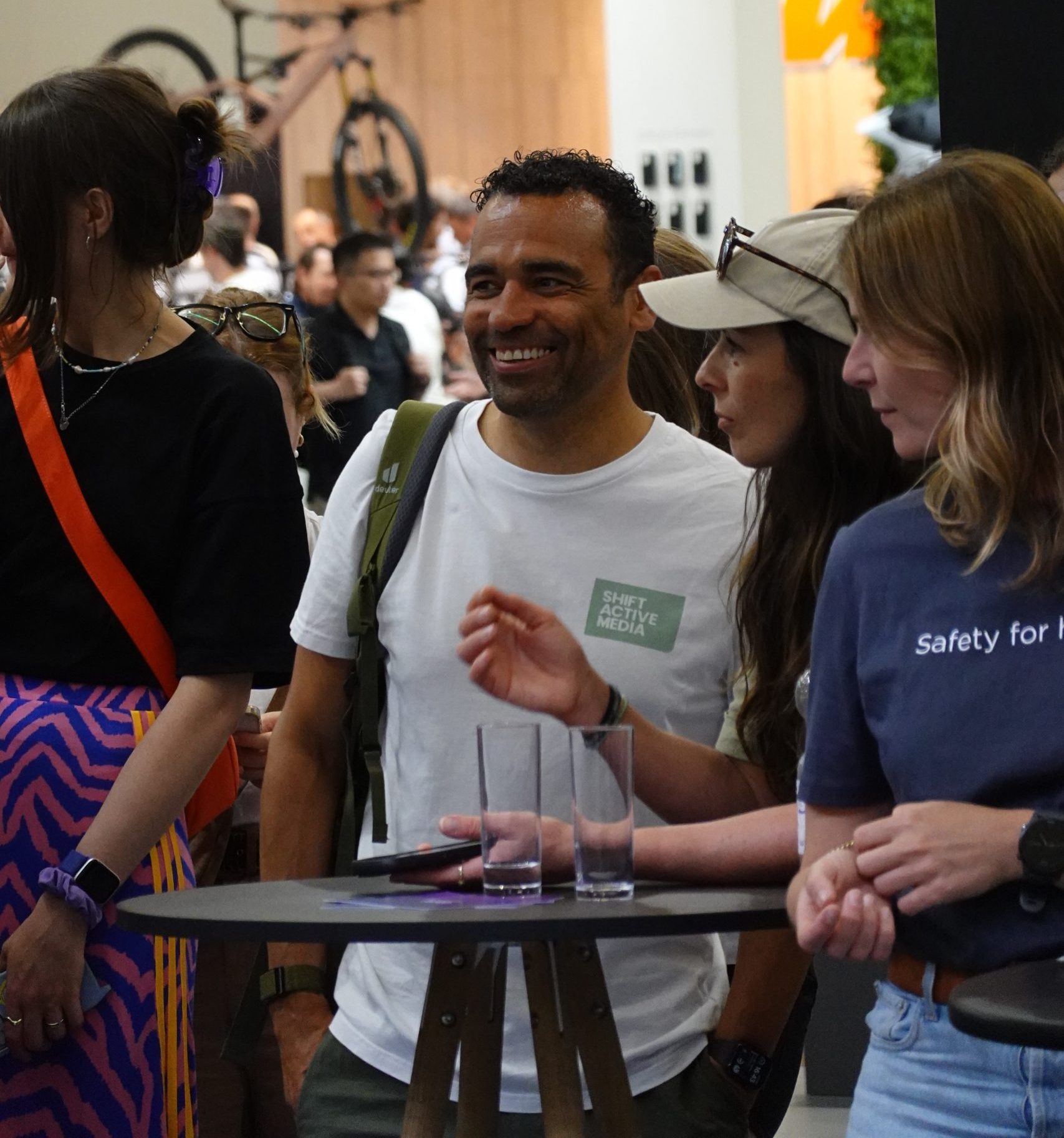
Looking five to ten years down the road, what’s a ‘blue sky’ idea or a radical shift you love to see happen for the cycling industry that you believe has the potential to truly reshape how people move and interact with bikes?
It’s always hard to predict the future, but if I were to put a bet an emerging technology – aside from ebikes – I think there’s interesting potential in increasing the connectivity amongst different road users, would cars crash into bikes, if they were more aware of their presence, had access to their speed, intended direction and could automatically seek to avoid each other safely because they’ve spoken to each other seamlessly.
This level of connectivity will be really interesting for getting more people on bikes, if it improves safety!
Among your many contributions to the cycling industry, are there any projects, initiatives, or achievements that stand out as your absolute proudest, and what made it so personally significant for you?
I am fortunate enough to have been involved in some great client projects, but I think of something that we’ve done for ourselves – it has to be our Rider Research Hub – it has to be up there, it’s allowed to do well over 70 research studies, and bring all that insight and data back to the industry.
And we’ve recently taken this to a new level with Leaderboard, our new brand tracking tool, that provides an affordable way for cycling brands to track their most valuable asset, their brand.
Throughout your career, the industry has likely undergone significant changes. Have there been any shifts you’ve personally experienced that required you to adapt, and how did you navigate that change?
As I’ve only spent a 3rd of my career working in the bike industry, just entering it itself was a big change from more mainstream agency life, but I’ve always attacked in the same way, be open to new things, learn as much as you can and if you not passionate about what you do, you probably shouldn’t be doing it.
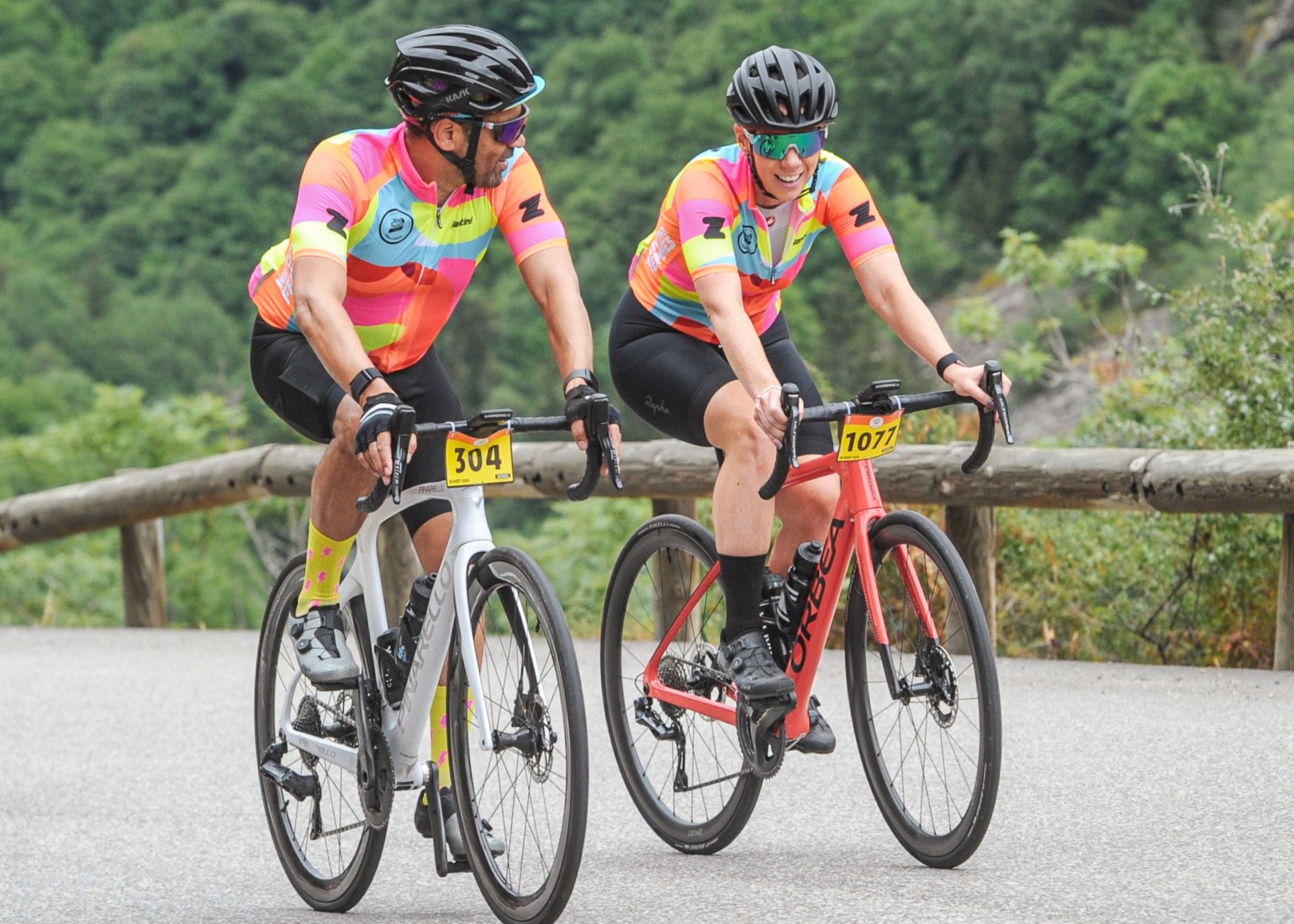
If you could offer some advice, whether something you were told, or a hard-won lesson you learned, to those working in the cycling industry that you believe might resonate or help them in their role, what would it be?
Don’t be afraid to ask for help – people will get as much out of helping you as the help you’ll be glad to receive.
 BikeBiz Bicycle and cycling retail news
BikeBiz Bicycle and cycling retail news
